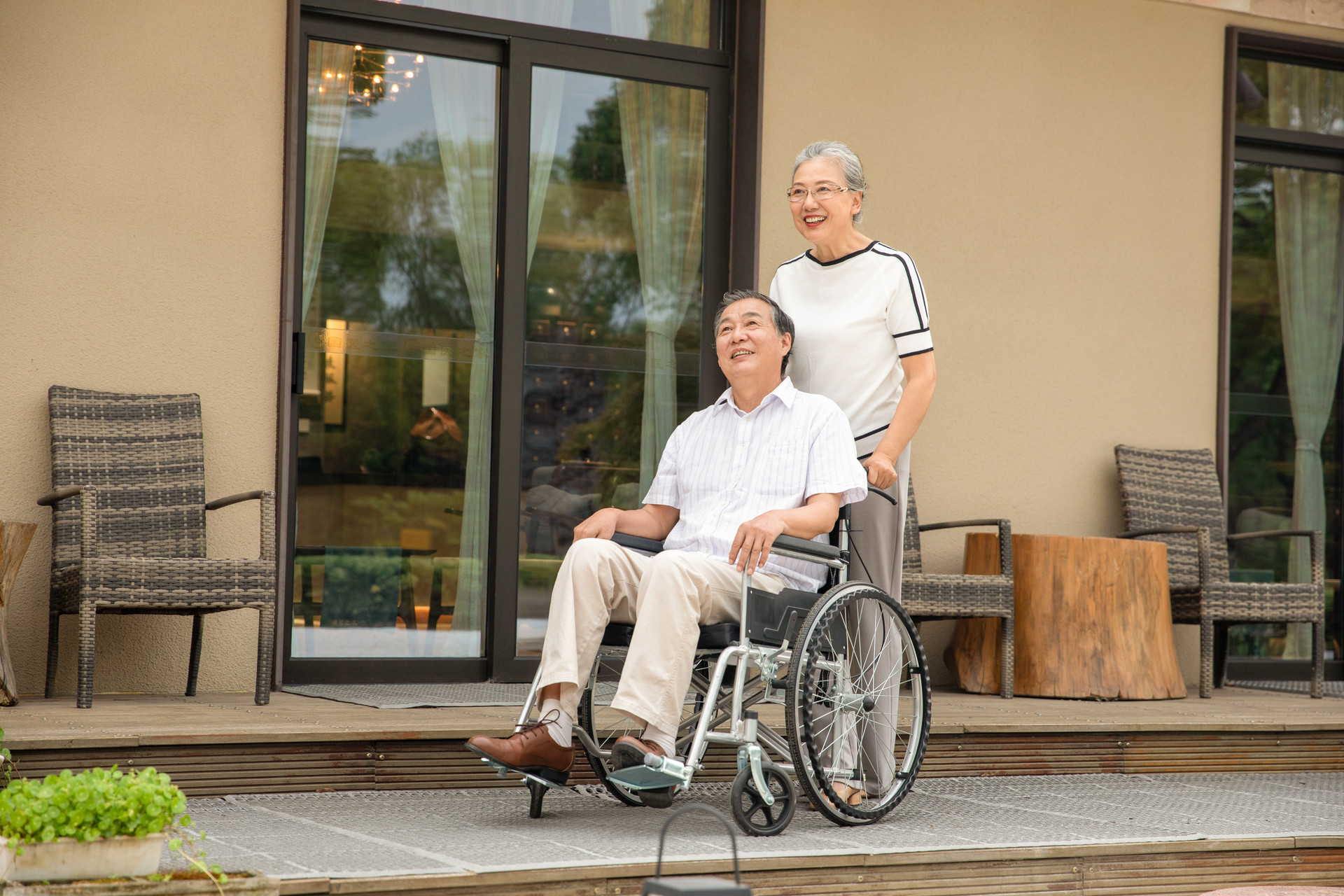As we enter old age, our attitude towards life should gradually shift from radical to calm, from bold to serene, and from masculine to feminine. From a perspective of health preservation, being "gentle" in old age is an effective secret to longevity.
Be gentle in temperament Confucius said, "The benevolent live long." The elderly should be kind and amiable, not demanding too much, being easy-going, and having a broad mind. Avoid extreme joy, sorrow, and anger, as well as excessive excitement and impulsiveness. Be gentle, mild, adaptable, open-minded, content, and joyful.
A positive mindset benefits the psychological and physiological health of the elderly and can reduce the occurrence of diseases such as cerebral hemorrhage, cerebral infarction, and myocardial infarction. On the contrary, elderly individuals with an irritable temperament, impatience, or feelings of loneliness and depression are often prone to diseases such as coronary heart disease, hypertension, and depression, making it difficult to achieve healthy longevity. Sun Simiao, a famous physician and health expert from the Tang Dynasty, said, "There are five difficulties in health preservation: not being able to let go of fame and fortune is one difficulty, not being able to rid oneself of joy, anger, and worry is a second difficulty, not being able to let go of sensual desires is a third difficulty, not being able to control one's appetite is a fourth difficulty, and being mentally and physically exhausted is a fifth difficulty."
Have a gentle diet Due to loose teeth, decreased saliva production, and weak gastrointestinal function, the elderly should avoid consuming raw, cold, hard, and difficult-to-digest foods. "Six suitable dietary principles" from the book "Yingsheng Ling" state: "Eat earlier, eat slowly. Eat less, eat lightly, eat warm food." In addition, elderly individuals with weak constitutions may benefit from appropriate supplementation. However, there are various types of supplementation such as invigorating Qi, nourishing blood, tonifying Yang, tonifying Yin, as well as heart tonification, spleen tonification, liver tonification, lung tonification, and kidney tonification. It is best to seek guidance from a doctor before supplementing, rather than blindly taking supplements based on advertisements, which may harm the body.
Wear soft clothing The skin of the elderly tends to be dry, lacking elasticity, and slow to heal after damage. Therefore, it is advisable to wear soft, loose, and breathable clothing, shoes, hats, socks (including pillows, cushions, and bedding). Avoid wearing tight-fitting clothes, high-heeled shoes, and synthetic materials, as they may impede blood circulation and cause skin abrasions and allergic reactions. The style and color of clothing should be coordinated, with a sense of the times, to bring pleasure to the body and mind, and maintain a youthful appearance.
Move gently The elderly have weakened bodies, and the functions of nerves, muscles, and bones are significantly reduced compared to their younger years. If one exerts too much force or moves too quickly and excessively, it is easy to get injured, or even suffer more serious consequences. Therefore, it is better to be a "slow doctor" rather than a "hasty wind." All actions should be done with "three slow steps," "slowly opening doors," and "soft landing." For example, when getting out of bed in the morning or going to the toilet at night, do not jump up immediately. Instead, sit for a while, gather oneself, and then slowly get up to prevent dizziness and falls. When carrying things, do so within one's capacity, especially when carrying heavy objects, adjust the posture first, and exert force gently to avoid sprains, bruises, and back strains. When encountering situations of great joy or sorrow, handle them calmly to avoid excessive emotional excitement and sudden health issues. Even when participating in physical exercise, it is recommended to choose gentle exercises such as Tai Chi, Mulan Boxing, and walking, with appropriate levels of intensity. Neglecting these details can easily lead to self-harm, or even fatal consequences.









